SOUTH ASIAN mental health experts and survivors are urging the government to provide care specifically to meet their needs.
They warned that the Covid pandemic has highlighted the lack of “culturally appropriate and culturally sensitive” services, and people are “suffering in silence”.
As part of its 10-year mental health strategy, the government is urging south Asian communities to let it know what they need.
But one expert has told Eastern Eye that it could all be for nothing and prove to be a “tick-box” exercise.
“It's always a paper exercise, there is no action, there's no follow up and it's like a tick box, we've done this paper, so we're okay now,” said Angela Kandola, mental health expert and the former chief executive of 25-years of the defunct Nottingham-based charity, Awaaz.
“We've had this issue for over 25 years, and when Awaaz was in place, we used to advocate on their behalf.
“We got the services our users required.
“But now, there's no discussion about the needs of BAMEs [Black Asian Minority Ethnics].
“There's no discussion about what south Asian communities need. Nothing at all.
“Nobody cares, nobody even discusses it, nobody mentions it.”
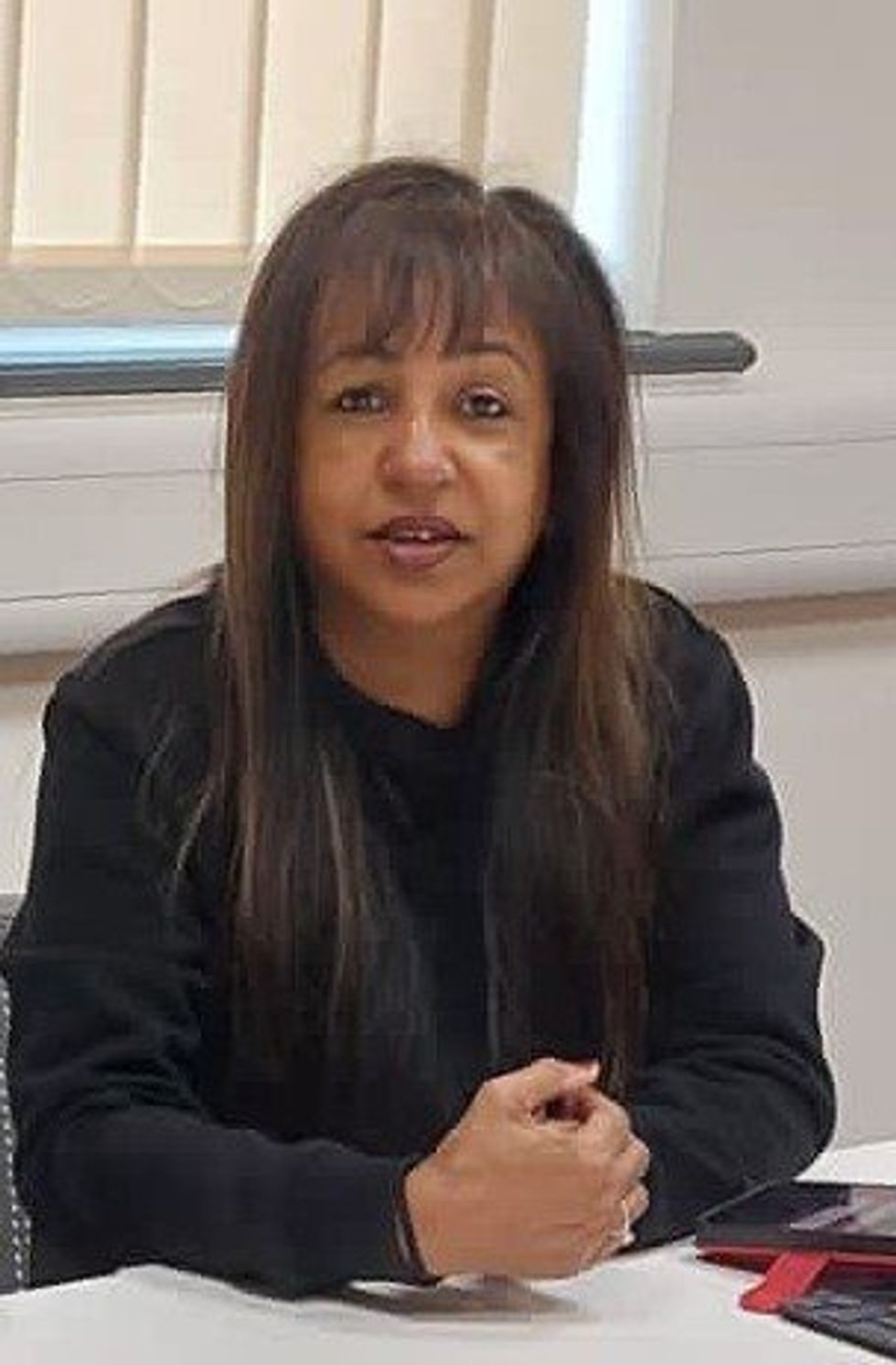
The charity closed during the pandemic because it was competing against mainstream organisations who promised funding commissioners they could provide appropriate care for non-white users.
“The commissioners gave them the funding to deliver the service to all communities,” Kandola explained.
“But all they were doing was signposting service users to Awaaz, and we had no funding to support them.
“We did approach these mainstream services and say, look, we want to work in partnership with you, but we need a bit of money to do that, to have a post in place.
“They've continued to say they don't have the funding, even though they did.
“They sent the users to us because they couldn't understand their cultural and religious needs, and they couldn't provide a service in the users’ mother tongue language.
“Awaaz closed down in 2020 after years of struggling to get that funding because of what was happening.”
Listening government
The minister for mental health, Gillian Keegan, told this newspaper that she was sorry to hear that this had happened.
But she wanted south Asians to tell her department exactly what they required.
This was not a box-ticking exercise, she said, and the minister promised that her government would listen.
“We do need more people advocating particularly for those voices that we don't hear as much of and that's why we're very, very keen to hear from Asian voices,” Keegan told Eastern Eye.
“There's a very small number so far who have replied to this consultation.
“We really want to hear those voices and share those experiences.
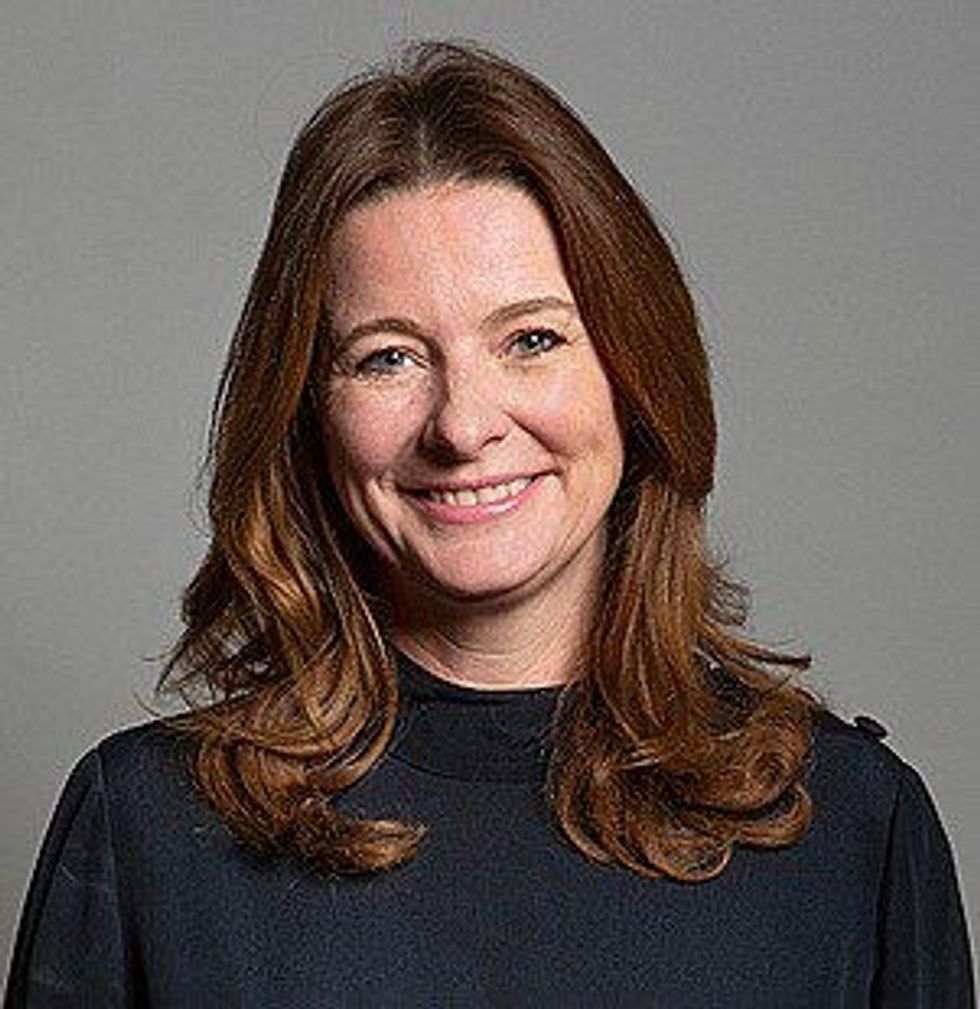
“What we need to do is to make sure that we can adapt to make sure that we support those people in the way that they need support.
“Putting people at the heart of mental health services is going to help.
“Putting integrated care boards at a location level should be easier for smaller groups to have those conversations as well as offering something different here.”
Campaigners and experts said that one of the biggest problems with mainstream services is that they simply do not understand what it is like living in south Asian communities.
They explained that their groups kept mental health challenges a secret, afraid of the shame, stigma and name-calling if they were to reveal they had problems.
Sandeep Saib had issues with mental health since childhood.
She would later be diagnosed with anorexia, body dysmorphic disorder and obsessive compulsive disorder (OCD).
The NHS put her on a seven-month waiting list for counselling.
In August 2014, aged 25, she tried to take her life.
Today, she is a mental health champion and advocate for the charity, Mind.
“Looking back on it, trying to find ways of improving the support out there for people like us, for the Asian communities, all three of them were white, Caucasian males and females,” she said.
“It would have been great to have somebody from an Asian background purely because of identity purposes, knowing more about who I am as a person, and we're on the same wavelength, as well.
“That's something that in hindsight, I would have loved.
“There's been so much more development in the past two years, there's been more Asian therapists now, championing the voices of Asian people that are suffering in silence.
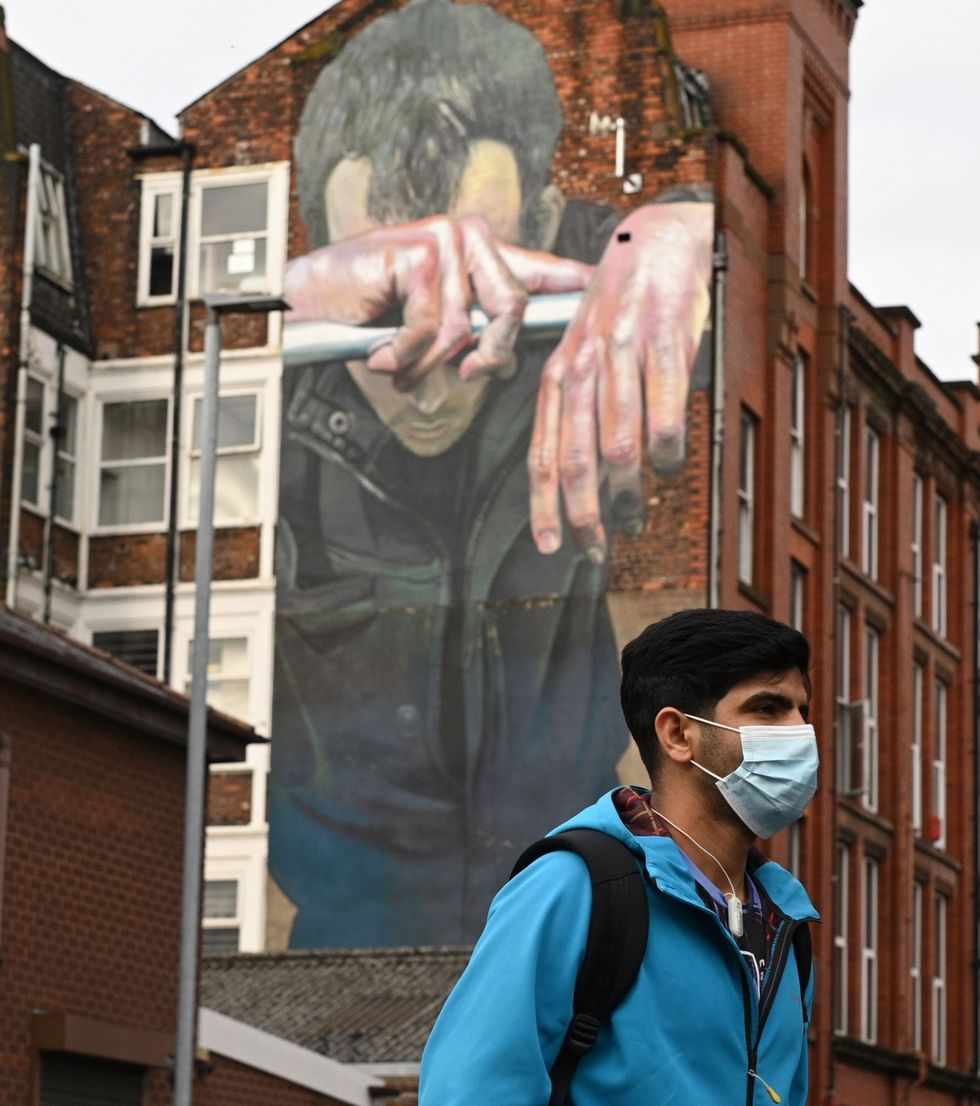
“It was just a shame that it wasn't there for me when I was struggling in silence.”
After she tried to end her life, Sandeep had to get private mental health treatment.
She would wait a further four weeks before the NHS offered her an appointment.
Drop-in hubs
The charity she represents is now urging the government to fund drop in hubs, where anyone who needs help can get support without an appointment or referral.
“Young people are still left facing an agonising wait in a system that cannot keep up with demand and the UK government’s response so far has just not been good enough,” Gemma Byrne, policy and campaigns manager for Mind, told Eastern Eye.
“Right now, our mental health system is stacked against racialised communities.
“People from these communities are more likely to experience a mental health problem but less likely to receive the help they need.
“We know that racism in wider society, as well as within mental health services, can have a devastating impact on people’s mental health.
“Mainstream statutory mental health services are often not tailored to the needs and experiences of people from different racialised communities, leading to higher attrition rates and lower recovery rates – which is why we need to see is more investment in culturally specific and appropriate services.”
Keegan agreed people of colour needed better support.
“There's no intention, obviously, to to be racist in any of our institutions, but I think there is something to be said for making sure that the services are culturally appropriate,” she said.
“We know that cultural advocacy has made a big difference in certain communities, which makes sense.
“These are very difficult things to talk about, very difficult things to navigate, and having somebody who understands you and your culture and your background and can help translate into what can be quite complex service needs.
“To get anything done in business, in politics, you have to evaluate it, you have to show the evidence that it’s working.
“But it does seem that some of the early work in that way, hopefully, should massively improve how the services feel to people when they try and engage with them.
“That's the most important thing. If you feel vulnerable when you have mental health needs, and if you don't feel comfortable when you approach the service, then that's not going to help you get the support that you need.”
Suffering in silence
The big challenge facing south Asians said advocate, Sandeep Saib, is that they will not talk about their illness, especially in wider society.
She said it had taken the Covid pandemic to demonstrate that it was acceptable to admit we have mental health problems.
“Pre pandemic, it wasn't hardly talked about, we need to keep up that conversation,” she said.
“We need to ensure that we work collaboratively at all levels, locally, regionally and nationally.
“We need the minister's support. We need the government’s support.
“It's a lot to do with co-production, so by doing that we're making we're making ripples, but we need to be making waves essentially.
“Someone is thinking of ending their life every 90 seconds, and the window is getting scarily shorter and shorter.”
Since Awaaz shut its doors in 2020, Angela Kandola became a Nottingham City Councillor fighting for greater resources for people of colour struggling with their mental health.
“I received an email yesterday from a resident in my ward, who is asking for support because his wife has got a referral saying that is going to take up to within eight weeks for them to receive an appointment.
“Now, this is a man in his 60s and he has got severe heart problems, he's got no one else to care for his wife, it's just him and he's struggling.
“He's got nowhere to go, and no one to support him and no advocacy support, or anyone to call the appropriate services for him or his wife.
“I had another case couple weeks ago with a lady.
“She's been diagnosed with schizophrenia. She has not left the house for 30 years.
“Her mother is a main carer who's in her 90s, and she's lashing out at her mother, when she gets angry.
“She's partially blind. She's not even been given the basic aids to help her, such as a white stick.
“So, I'd like social services to reassess this family, and the only reason that I could get that push through is because I'm a councillor.
So, what would happen if services do not improve?
“If something isn't done, we’ll be going back to the 1960s and 70s where people we diagnose in primary care will just end up having severe mental health problems without culturally appropriate support,” Kandola warned.
“Referral rates will go higher, it’ll be a lot more for mainstream services, but they still will not be able to deliver a competent service, let alone a culturally appropriate service.
“Expect a pandemic of mental health problems.”
The government’s call for evidence call be found here https://www.gov.uk/government/consultations/mental-health-and-wellbeing-plan-discussion-paper-and-call-for-evidence.
It ends on 5 July 2022. Eastern Eye has sent details to government.
Zahra’s story
“How will mainstream services understand Asian culture?”
Zahara is 35, and she has a five-year-old son. Her marriage broke down, and now she is fighting for custody of her son. Zahara got support from the Nottingham-based charity, Awaaz, which provide culturally appropriate and culturally specific advice for south Asians, but it closed in 2020. Zahara is not her real name, and we have protected her identity for fears about her safety. This is her story.
I got married when I was 22, and I had a flourishing career with my own wages and circle of friends. My parents made sure I was independent, and I could think for myself. I guess, that was the big problem. In our culture women and girls are meant to think or discuss to argue. We’re meant to be subservient, and once we get married, we’re now part of our husband’s family. It was an extended family, and we all shared a house, so there was little or no privacy. I wasn’t used to that.
We would argue because, as a new bride, I would be expected to cook and clean for the rest of his family. But after a hard day’s work, how can you expect someone to cook and clean for everyone else without anyone’s help, while they were sitting on their backsides?
It got worse because I was expected to handover my wages to my in-laws. When I refused, my in-laws forced my husband to beat me up. They said it was because I had shamed them in the community. They said I had disgraced their honour by going to work and mixing with white people. They were really backward.
Soon, the family would stop me from wearing my work clothes. They said it was too westernised, and that I was white. They stopped me from seeing my friends, and slowly they controlled me. If I argued, they beat me and called me a coconut [a racial slur – brown on the outside, white on the inside]. They told me what to wear, what to eat and how to act, and I couldn’t do a thing about it because by this time I had my son.
I thought things would get better because I gave them a son, but they didn’t. I felt suffocated, I couldn’t breathe because they were watching my every move. I had no privacy, even when I went to the bathroom and cried, they would follow me to ask why I was taking so long.
A friend I hadn’t seen for a long time met me when I was shopping. They couldn’t believe what had happened to me. I was a shadow of myself, and all the joy had been sucked out of me, and I wanted to end it all, but I didn’t because of my son. She told me about Awaaz and Angela [Kandola]. One day, when no-one was in the house, and it was just me and my son, I got in touch. I wanted to know what help I could get, and whether I was breaking the law if I left my husband with my son without telling anyone.
Over several months, Angela worked with me. She knew what I was going through because Awaaz have helped hundreds of Asian women like me. They knew exactly how scared I was. They knew I was suffering but I wouldn’t have anyone I could trust or turn to. They knew that I would be scared to make the first move, but thanks to Angela I got the courage to leave, and they got in touch with the authorities to find me a place outside Nottingham, where I am to this day.
I was diagnosed with depression and post-traumatic stress disorder, PTSD. That was before Covid. A few weeks ago, the threats started coming in because the family want to take my son away from me. They’re using the fact that I have mental health issues to say that I’m an unfit mother. I was shocked to learn that Awaaz closed down, and there’s no other services like that for me and my community in Nottingham.
I didn’t know what to do because when mainstream services ask question, they don’t understand about our culture, the way our community works, that people know people and soon they’ll find out where you are and drag you back or kill you for destroying their honour in the eyes of the community. How do you explain honour-based violence to people who aren’t Asian?
Anyway, I got in touch with Angela. She’s helping me again even though she doesn’t have to. But what about others like me, still in Nottingham? What’s happening to them? I would say to the government that they need to act, and to act now because there are hundreds like me who are desperate and at the end of their minds. The government need to provide money for groups like Awaaz so they don’t have to fight for resources.
It's not just a mental health issue. It’s everything. Think about how much the government have lost because I was not able to work. If I pressed charges, think about the money it would cost to drag my husband’s family through court. If I was hospitalised, think about how much it would cost the NHS. If anything happened to me, the state would have to investigate. All the cost more money than setting up resources like Awaaz.
It's tragic knowing that without Awaaz, women like me will die needlessly because we feel alone and without friends and without hope. And what will happen to my son or other children when that happens?
Zahara was speaking to our editor-at-large, Barnie Choudhury.
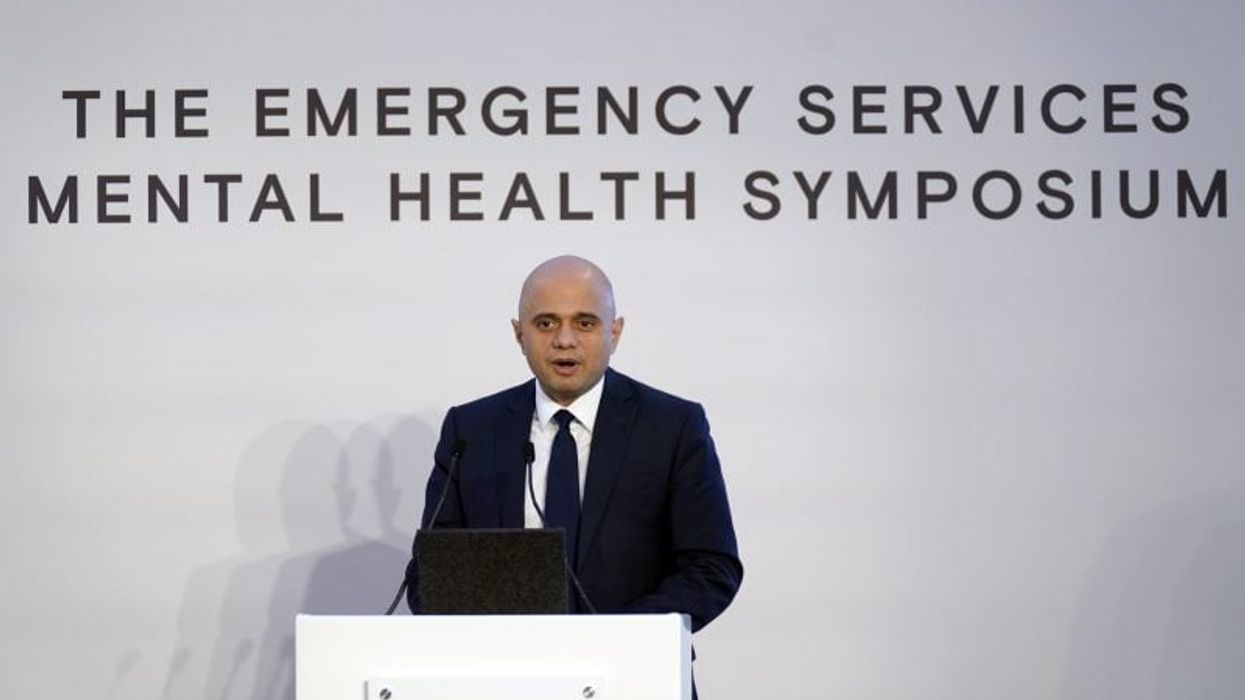





 A compelling premise, layered and unpredictable charactersAMG
A compelling premise, layered and unpredictable charactersAMG Anyone who enjoys a gripping story with a diverse cast and unexpected twistsHarperFiction
Anyone who enjoys a gripping story with a diverse cast and unexpected twistsHarperFiction








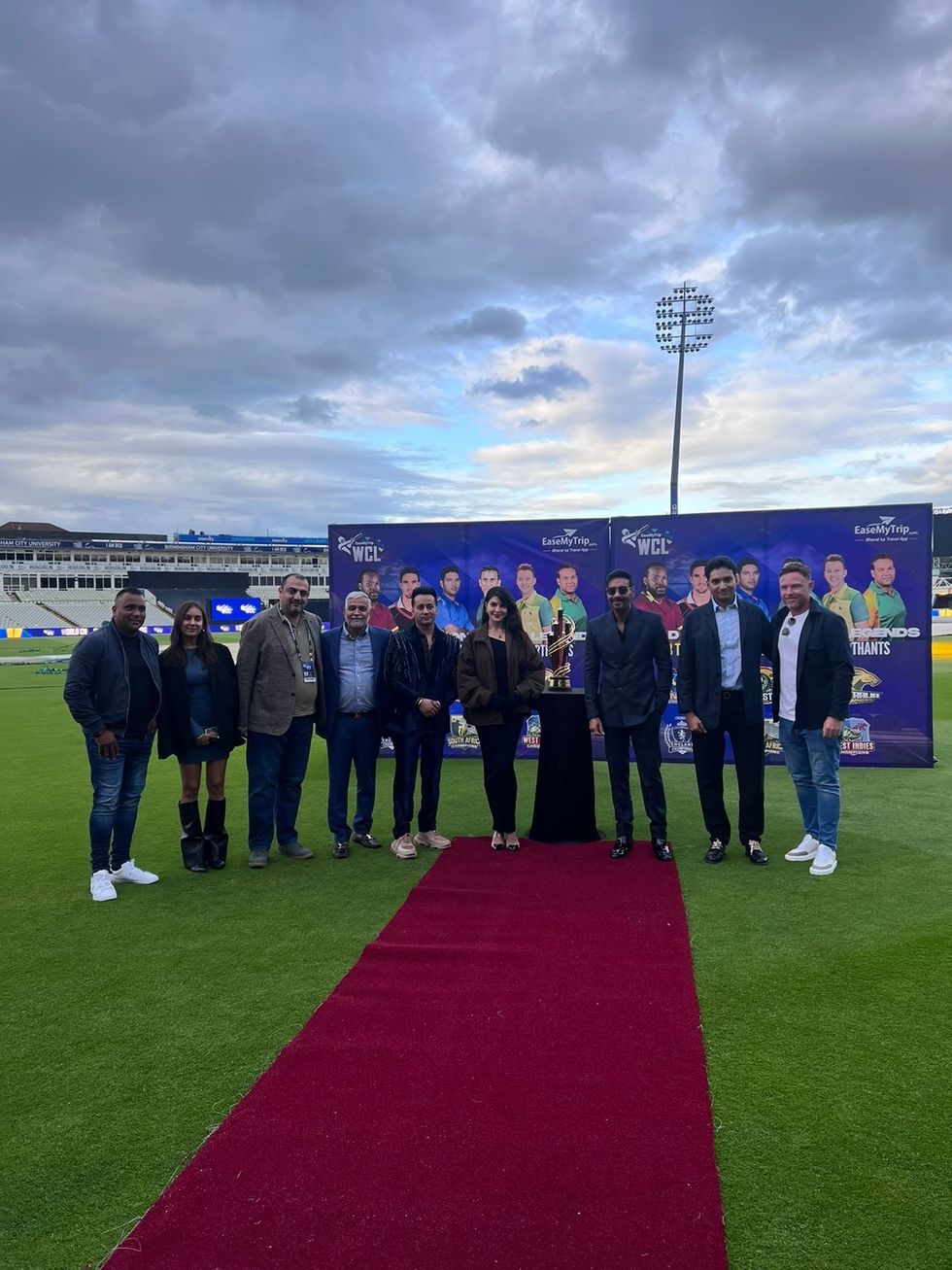 As WCL enters its second season, Sharma is scaling upwclegends.uk
As WCL enters its second season, Sharma is scaling upwclegends.uk


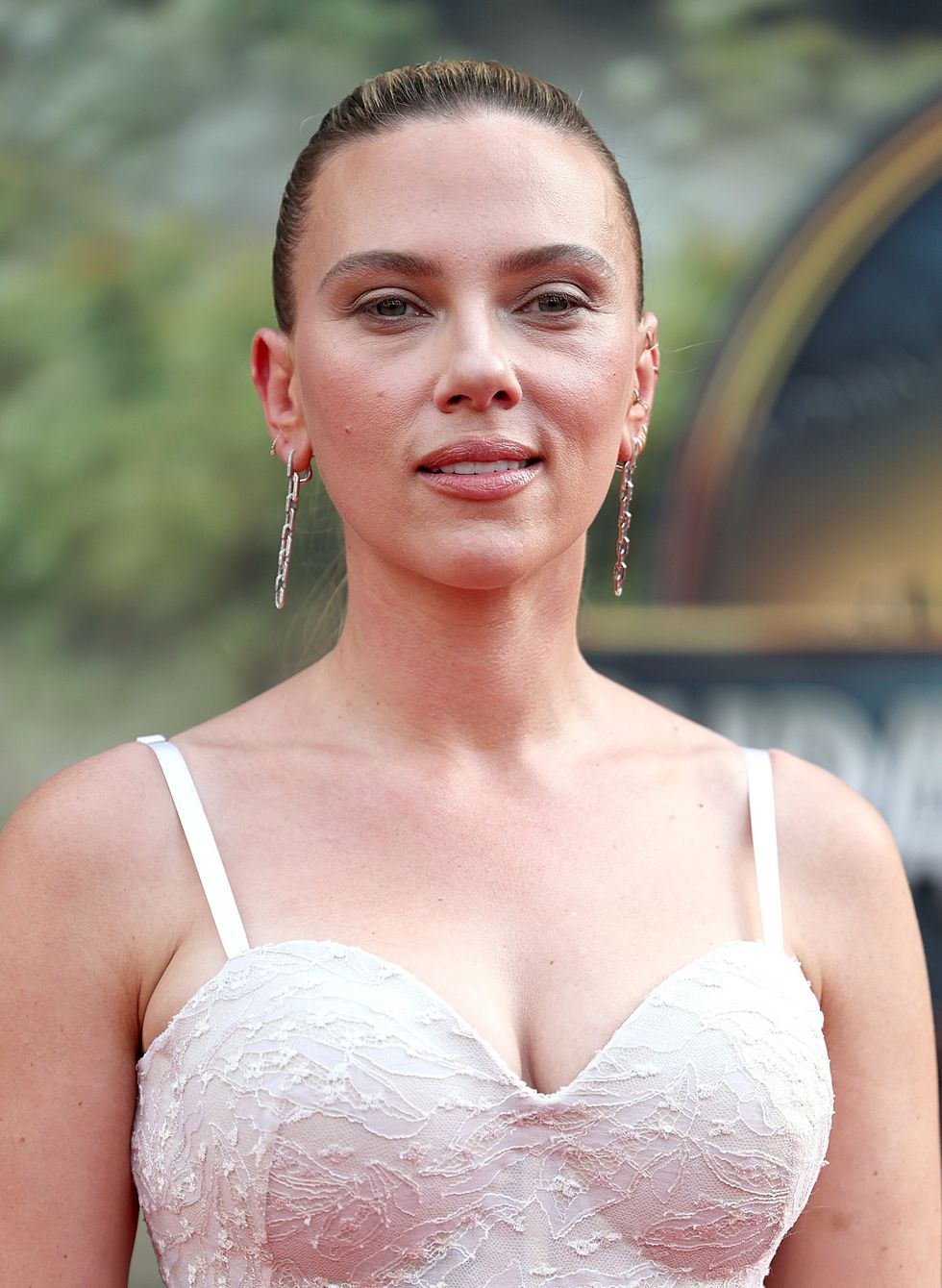 Scarlett Johansson opens up about breaking free from early typecastingGetty Images
Scarlett Johansson opens up about breaking free from early typecastingGetty Images 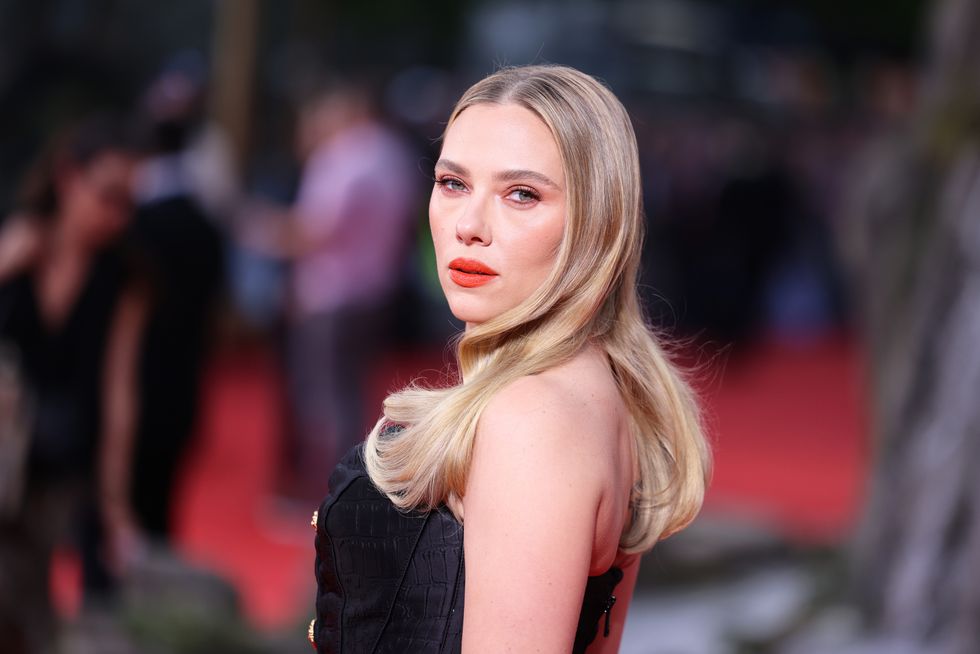 Johansson reflects on her childhood stardom and evolving careerGetty Images
Johansson reflects on her childhood stardom and evolving careerGetty Images 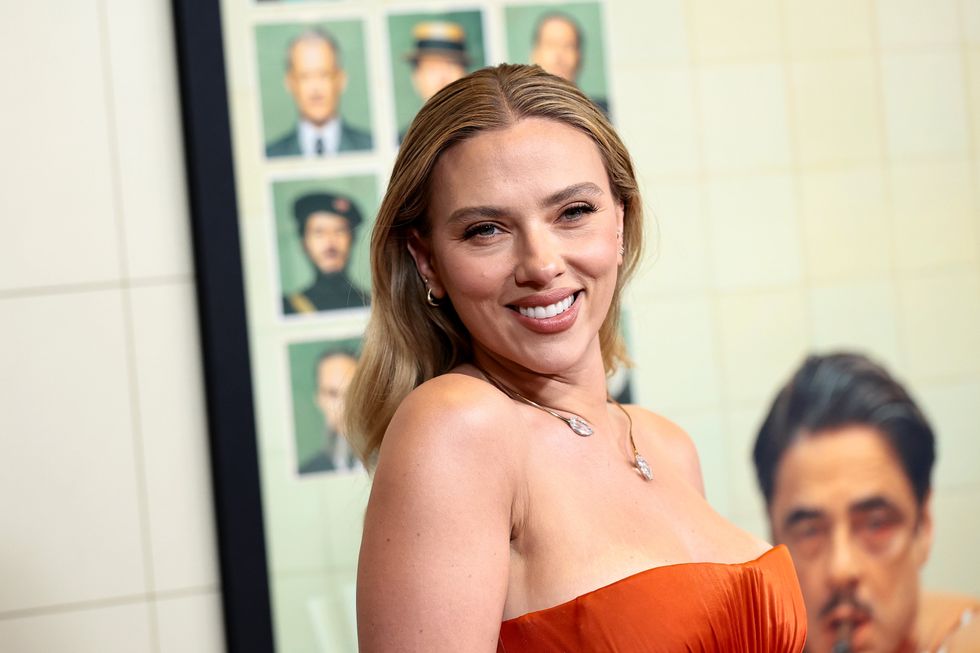 From Avengers to auteur Scarlett Johansson embraces creative control Getty Images
From Avengers to auteur Scarlett Johansson embraces creative control Getty Images